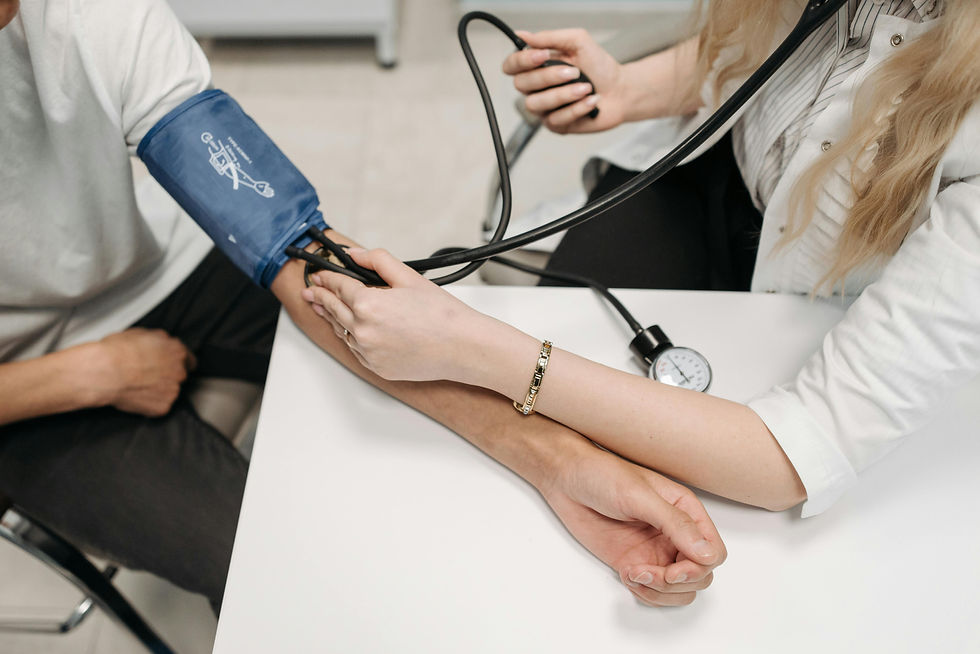Previous Articles
Other Ways Your Donations Can Have a Huge Impact
Next Articles
Other Ways Your Donations Can Have a Huge Impact


It's estimated that a significant portion of US adults, around 15%, are living with Chronic Kidney Disease. This condition is not just a medical term; it represents a serious and expanding public health concern across the nation. Understanding what causes CKD and its implications is crucial for everyone.
Two of the leading causes of chronic kidney disease are diabetes and high blood pressure. Diabetes occurs when your blood sugar levels are consistently too high, which can progressively damage many organs, including your kidneys. High blood pressure, or hypertension, arises when the force of your blood against the walls of your blood vessels becomes elevated.
The Kidney Connection
If left uncontrolled, both diabetes and high blood pressure can lead to severe health complications, including strokes, heart disease, and ultimately, kidney failure. It is essential to remember the intricate connection between high blood pressure and kidney disease. High blood pressure can directly cause kidney disease, accelerate its progression, and can even result from existing kidney disease. This bidirectional relationship underscores the importance of vigilant monitoring and proactive management. If you have any questions or concerns about your blood pressure, scheduling an appointment with your doctor is always recommended.
Current guidelines suggest specific blood pressure treatment goals to optimize health and protect your kidneys. If you are at risk for kidney disease, or if you already have diabetes or coronary artery disease, aiming for a blood pressure of 130/80 mm Hg or lower is advised. For healthy adults, the goal is typically 120/80 mm Hg or lower, highlighting the importance of maintaining optimal levels for everyone.
Controlling Your Blood Pressure
Controlling your blood pressure involves several key lifestyle adjustments. Regularly checking your blood pressure and keeping a detailed record of your readings provides valuable insights for you and your healthcare provider. Incorporating regular physical activity, such as at least 30 minutes of exercise most days of the week, can significantly help in lowering blood pressure. Additionally, maintaining a healthy weight is crucial, as blood pressure often increases with weight; even a modest weight loss can make a positive difference.
Medication and Other Protections
Further strategies include adopting a healthy diet rich in whole grains, fruits, vegetables, and low-fat dairy products. Reducing your sodium intake is particularly impactful; if you have high blood pressure, aim for no more than 1,500 milligrams of sodium per day. If medication has been prescribed to control your blood pressure, it's vital to take it consistently, even if you feel well. Lastly, avoiding smoking, which damages blood vessels, and limiting the use of non-steroidal anti-inflammatory drugs can further protect your kidney health.

Kidney 101

.png)

